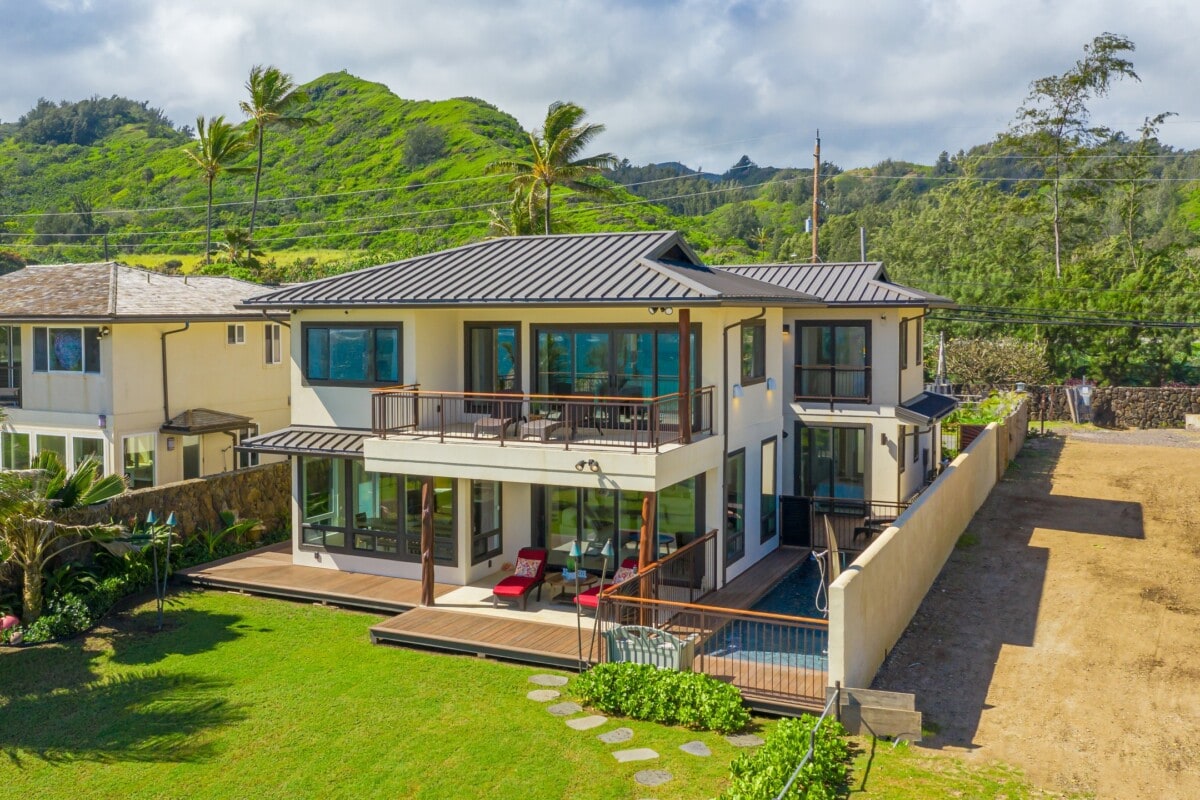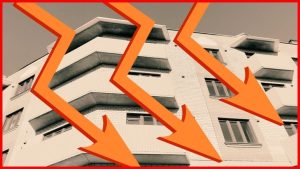
As you get closer to owning your slice of paradise in Hawaii, don’t forget to account for closing costs. These fees are a final step in making your dream home a reality. Being prepared for these costs will help you enjoy your new island lifestyle without any last-minute surprises.
If you’re feeling unprepared or overwhelmed, don’t worry. To help you budget for closing costs, this Redfin article will cover how much closing costs are in Hawaii, who pays for them, and which costs you can expect to pay as a buyer and as a seller.
How much are closing costs in Hawaii?
Before securing the keys to your new home, homebuyers will need to pay for closing costs. On average, closing costs in Hawaii can range anywhere from 2%-5% of the home’s purchase price. However, keep in mind that closing cost amounts vary depending on several factors – such as the purchase price of the home, the type of loan, and any adjustments negotiated with the seller.
Let’s say you’re buying a home in Kailua, where the median home sale price is $782,500. Based on this, you could expect closing costs to be between $15,650 and $39,125. Whereas if you’re buying a home in Hilo, which has a median sale price of $500,000, closing costs could range from $10,000 to $25,000.
Who pays closing costs in Hawaii?
So, who pays for closing costs in Hawaii? In most transactions, both the buyer and seller will pay closing costs. But the buyer and seller will pay for different closing costs and likely have different total closing cost amounts. Keep in mind that it’s common for the buyer to pay closing costs out of pocket, while the seller’s closing costs are deducted from the home sale proceeds.
Buyer closing costs in Hawaii
Closing costs in Hawaii for buyers typically range from 2%-5%. If you paid earnest money, this amount will be subtracted from your closing costs, which will reduce the total amount you owe at closing. Earnest money is typically between 1%-3% of the home’s price. Let’s break down some of the common closing costs covered by the buyer:
- Appraisal fee: Your mortgage lender will require a home appraisal to ensure the home value is equal to or more than the loan amount. Home appraisals typically cost between $300 and $500, depending on location. If you pay at the time of service, it will not be included in your closing costs.
- Inspection fee: Home inspections generally range from $300 to $500 – they can vary based on local rates and the property’s specific characteristics. If you don’t pay for the inspection at the time of service, this will need to be paid at closing.
- Loan origination fee: Some lenders charge a fee for creating your loan. As you shop around for lenders, inquire about what it covers and whether it’s negotiable to avoid high fees.
- Loan processing fee: In addition to the origination fee, your lender may also charge a fee for processing your loan. This typically covers underwriting and related services. It’s recommended to discuss this fee with your lender to understand what this fee covers and if it can be waived.
- Loan discount points: If you buy discount points to lower your interest rate, you’ll pay a one-time fee at closing. These points can lower your rate by 0.25% to 0.5%, but consider your long-term homeownership plans before paying for a reduced rate.
- Private mortgage insurance (PMI): Required for down payments under 20%, PMI might involve an upfront fee at closing, depending on the loan type. It’s usually part of your monthly payment, but some loans offer the option to pay it as a one-time fee.
- Title insurance: Title insurance is a one-time closing cost, with buyers commonly paying for both lender and owner policies.
- Homeowners insurance: In Hawaii, your annual homeowner’s insurance premium may be part of your closing costs.
- Homeowners Association dues: If your property is part of a homeowners association, you’ll likely pay one month’s dues upfront at closing. These fees vary and contribute to maintenance and operational costs.
- Property taxes: Buyers may have to prepay property taxes as part of their closing costs in Hawaii.
Seller closing costs in Hawaii
The closing costs covered by sellers in Hawaii can vary, but below are some of the common fees and costs that a seller pays for:
- Real estate agent commission fees: These fees can be a significant cost for sellers. Commission fees may vary and are subject to negotiation. Sellers should discuss their options with their agent.
- Homeowners Association fees: If the property is part of a homeowners association, sellers are usually responsible for settling any outstanding HOA fees or assessments up to the date of closing. Additionally, sellers may need to provide certain HOA documents to the buyer as part of the sale.
- Property taxes: Sellers are responsible for any property taxes that have accrued but not yet been paid up to the closing date. These unpaid property taxes are typically prorated for the months that you owned the property.
- Title insurance: As part of closing costs for sellers in Hawaii, sellers may pay for owner’s title insurance. Typically, this cost is based on the property’s sale price.
- Transfer taxes: In Hawaii, sellers are responsible for paying state and possibly local transfer taxes. These taxes are typically a percentage of the property’s sale price and can vary widely by jurisdiction.
Median home sale price data from the Redfin Data Center during July 2024.





